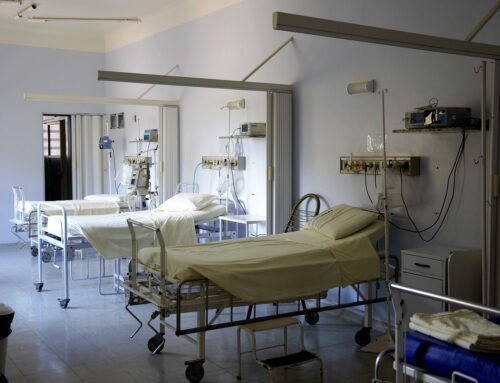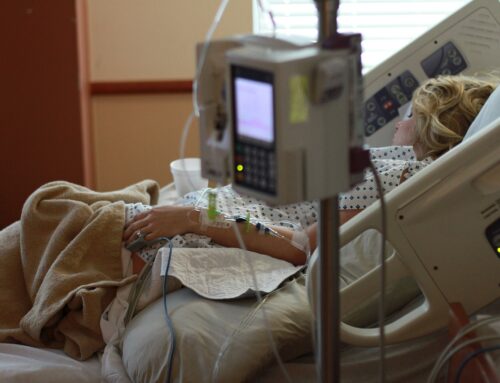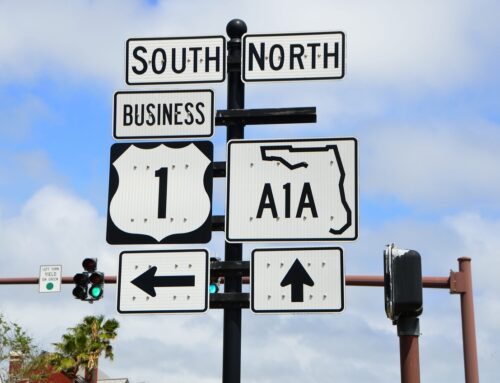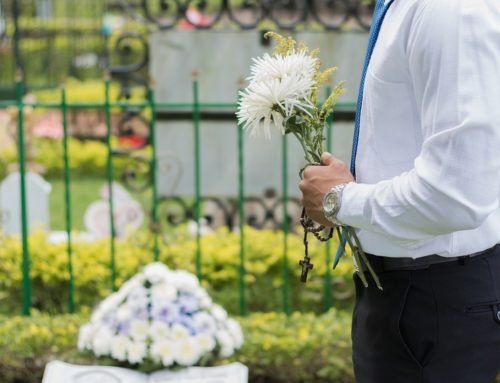Three months after we first heard of the emergence of COVID-19 across the United States, the first wave of legal action began to make its way into the court system. The first known wrongful death case is being brought on behalf of Twilla June Morin, age 84, who perished at the Life Care Center in Kirkland, WA. One of 37 residents to die from the virus, Morin had pre-existing autoimmune conditions which made her particularly vulnerable to a coronavirus infection.
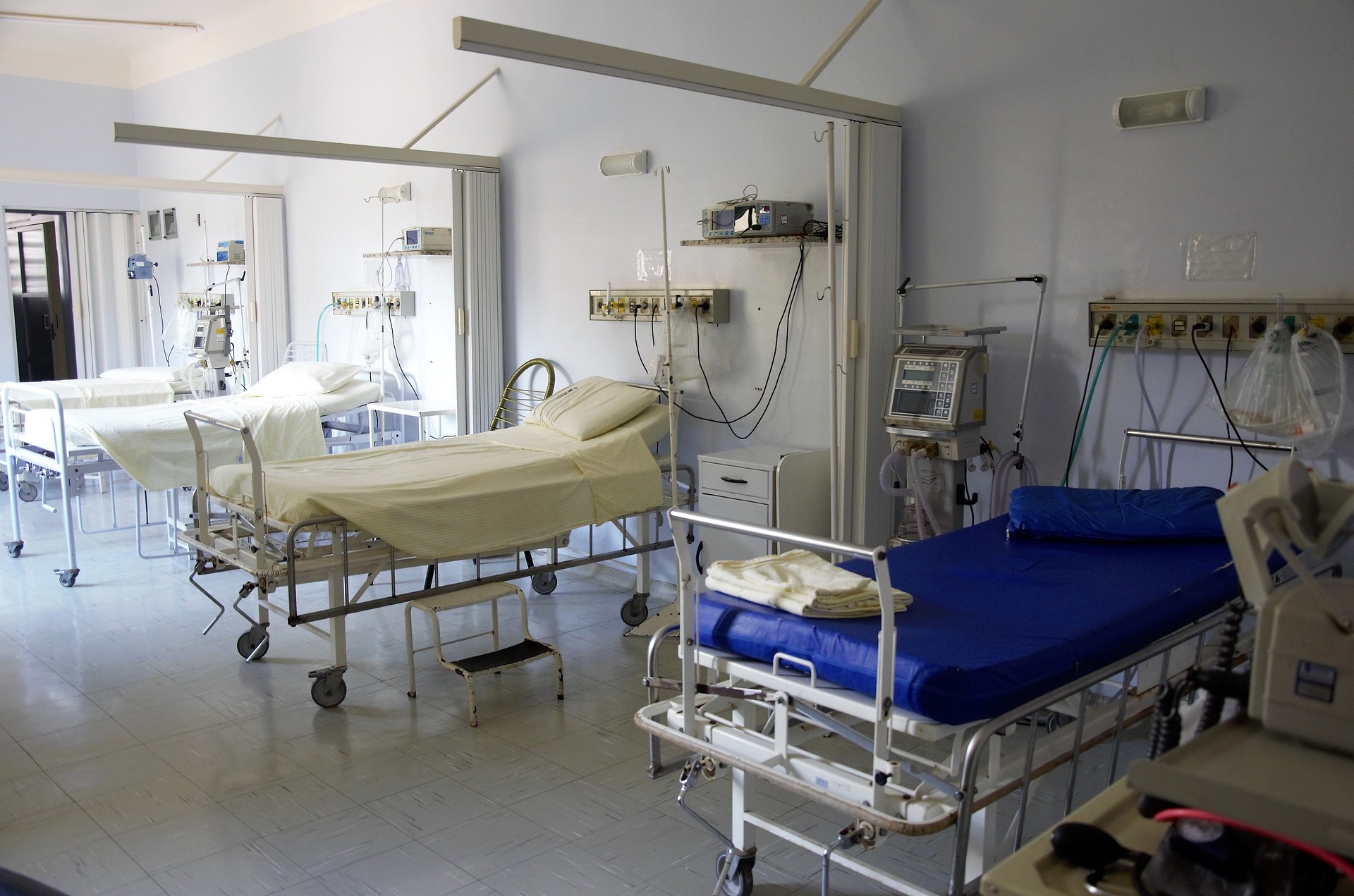 Brought by her daughter, the wrongful death suit was the first of its kind to be filed in regards this particular epidemic. The lawsuit alleges that Life Care Center is guilty of wrongful death and fraud, and that the nursing home presented no plan of action to mitigate the spread of the disease, which appeared in January. After the disease was identified, the suit alleges, the Center had a Mardi Gras party event and failed to quarantine residents from visitors. The filing further states that Life Care Center only had one primary care physician and no replacement for when he was not available. The lawsuit is ongoing.
Brought by her daughter, the wrongful death suit was the first of its kind to be filed in regards this particular epidemic. The lawsuit alleges that Life Care Center is guilty of wrongful death and fraud, and that the nursing home presented no plan of action to mitigate the spread of the disease, which appeared in January. After the disease was identified, the suit alleges, the Center had a Mardi Gras party event and failed to quarantine residents from visitors. The filing further states that Life Care Center only had one primary care physician and no replacement for when he was not available. The lawsuit is ongoing.
An audit conducted by the Centers for Medicare and Medicaid Services (CMS) discovered that Life Care Center did not contact the Washington State Department of Health in a timely manner regarding the cases they were experiencing. CMS issued three citations for violations and imposed $6,000 in fines.
Defining Wrongful Death
Wrongful death is a subset of negligence, and the components of a wrongful death case are essentially the same:
- Duty: the responsibility to others to act according to the law.
- Breach: the violation of an obligation, engagement or duty; often non-performance of a covenant
- Causation: the relationship of cause and effect between one event or action and the subsequent results.
- Damages: remedy in the form of a monetary award paid as compensation for loss or injury due to negligence
The most significant difference between wrongful death and general negligence is that damages in a wrongful death claim are much more substantial. The potential judgment when a death is involved is commiserate with the magnitude of the loss. Many wrongful death claims include damages for loss of future income, as well as loss of consortium, if the victim was married and the spouse has survived.
COVID-19 – The Result of Natural Causes?
Defendants in COVID-19 related lawsuits are likely to claim that the virus was an act of god, a legal affirmative defense to personal injury claims. An act of god defense applies when the injuries are caused by natural disasters, such as hurricanes, floods, or tornadoes. A successful defense of this type negates the causation condition of negligence claims. However, an act of god defense is often not allowed if it can be determined that the defendant contributed to the victim’s injuries.
Therefore, the nursing home can only invoke an act of god defense if they did not contribute to the spread of the pandemic. If the nursing home was fully staffed with licensed professionals, contacted families and state officials immediately upon recognizing the virus, and took reasonable steps to control the outbreak, the act of god defense would typically hold. However, standards under this defense may vary from case to case and region to region.
If you feel that you have a wrongful death or negligence case and would like to speak with an experienced attorney, call the team at Probinsky & Cole. We will help you to determine the proper course of action.

